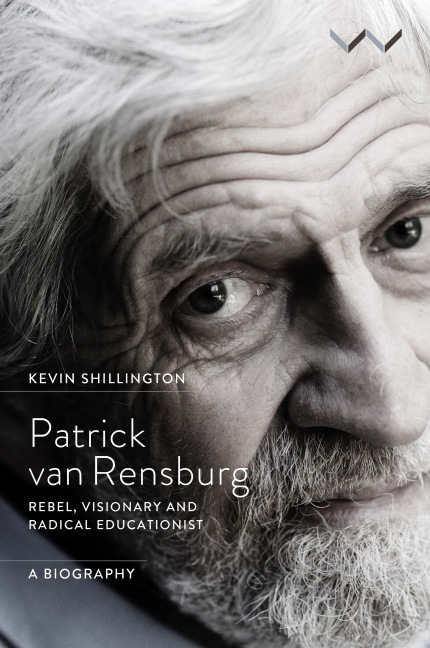Book contents
- Frontmatter
- Dedication
- Contents
- Acknowledgements
- Abbreviations and Acronyms
- List of Illustrations
- Maps
- Introduction
- 1 Origins and Identity in South Africa
- 2 An Anglophone South African, 1936–1948
- 3 The Making of an Afrikaner, 1949–1953
- 4 Diplomat and Rebel, 1953–1957
- 5 Anti-Apartheid Activist, 1957–1959
- 6 Boycott, 1959–1960
- 7 Into Exile, 1960–1961
- 8 Return to Africa, 1961–1962
- 9 The Founding of Swaneng Hill School, 1962–1963
- 10 Challenging ‘The Ladder to Privilege’, 1963–1965
- 11 The Alternative Educationist, 1965–1967
- 12 Expansion and Replication, 1967–1969
- 13 Time of Crisis, 1969–1971
- 14 Education with Production, the 1970s
- 15 Foundation for Education with Production and Spreading the Word, the 1980s
- 16 Education with Production and South Africa, the 1990s
- 17 Return to Botswana
- Epilogue
- Notes
- Bibliography
- Index
11 - The Alternative Educationist, 1965–1967
Published online by Cambridge University Press: 10 September 2020
- Frontmatter
- Dedication
- Contents
- Acknowledgements
- Abbreviations and Acronyms
- List of Illustrations
- Maps
- Introduction
- 1 Origins and Identity in South Africa
- 2 An Anglophone South African, 1936–1948
- 3 The Making of an Afrikaner, 1949–1953
- 4 Diplomat and Rebel, 1953–1957
- 5 Anti-Apartheid Activist, 1957–1959
- 6 Boycott, 1959–1960
- 7 Into Exile, 1960–1961
- 8 Return to Africa, 1961–1962
- 9 The Founding of Swaneng Hill School, 1962–1963
- 10 Challenging ‘The Ladder to Privilege’, 1963–1965
- 11 The Alternative Educationist, 1965–1967
- 12 Expansion and Replication, 1967–1969
- 13 Time of Crisis, 1969–1971
- 14 Education with Production, the 1970s
- 15 Foundation for Education with Production and Spreading the Word, the 1980s
- 16 Education with Production and South Africa, the 1990s
- 17 Return to Botswana
- Epilogue
- Notes
- Bibliography
- Index
Summary
The year 1965 marked the beginning of a new life for Bechuanaland. In March the protectorate gained full internal self-government in preparation for independence the following year as the Republic of Botswana. It was also a turning point in the development of Patrick's professional life. As he was to write in 1967:
All that I know about education I had to learn on the spot, and while teaching and building a school. I was able to judge the methods, content and purposes of education about which I was learning in the light of the needs of the people amongst whom I was working. I had also to worry about the cost of building and of running the school.
In the three years from 1965 to 1967 he was to transform himself from the founder of a self-help, low-cost school and enthusiast about co-operative ventures into an alternative educationist of international renown.
It was in 1965 that Patrick started the brigades, the education and rural skills development project that was thereafter to be associated with his name. In that year, too, he began to teach his evolving Development Studies course. Experimentation with the practicalities of both these projects was to have a profound impact on the evolution of Patrick's thinking in terms of education and rural development. Together they were to form the foundation for his pioneering work in ‘alternative education’. And although his ideas did not always receive the recognition in Botswana that he felt they were due, they were to receive international recognition from as early as 1967 and earn him prestigious awards in the decades to come.
Patrick and Liz arrived back ‘home’, as Serowe had now become, in February 1965, a week after the new school year had started. In their absence the building work had progressed, with the help of a summer work camp on the site. There were now two dormitories, one each for boys and girls, with toilets, showers and wash basins, and a small room attached to the girls’ dormitory for a resident matron.
The rectangular eight-classroom block was in almost full use, for there were now seven classes in the school.
- Type
- Chapter
- Information
- Patrick van RensburgRebel, Visionary and Radical Educationist, a Biography, pp. 161 - 182Publisher: Wits University PressPrint publication year: 2020



